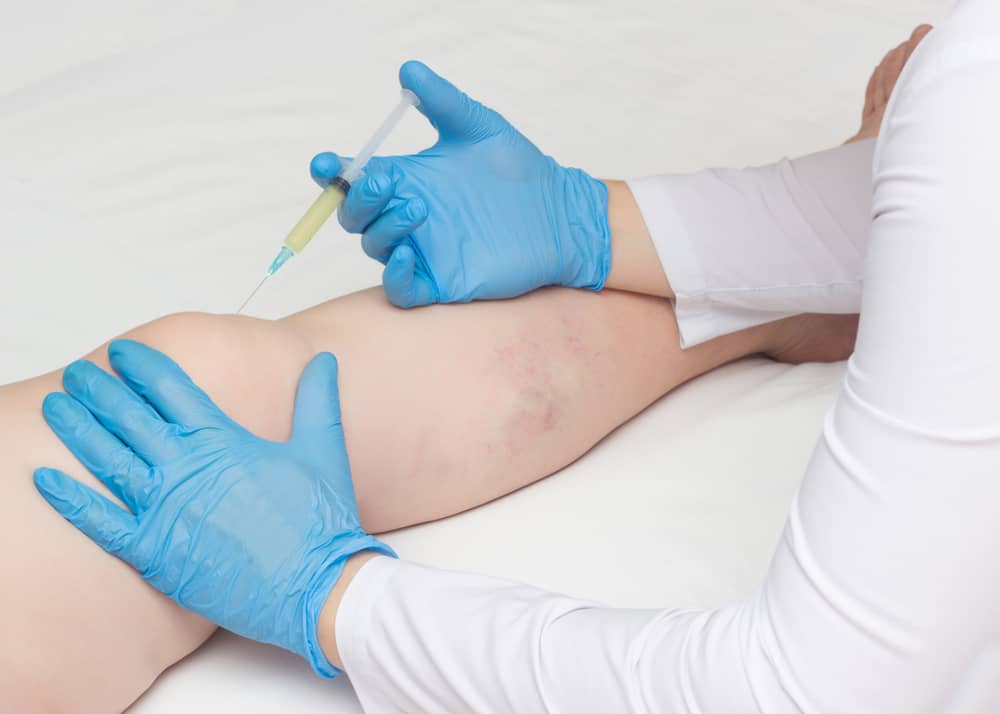Signs You Need to See a Knee Pain Specialist
Body
It is common to suffer from occasional pain and discomfort, especially if you lead an active lifestyle or work on your feet. In this situation, knee pain can become a regular occurrence. You may ignore it and hope for the best. Sometimes, the discomfort goes by itself. But what about when it doesn't?
In this case, you must prefer home remedies to relieve knee pain after a hard day. If the pain is caused by a minor injury, observing yourself for a day or two and applying self-care measures is acceptable. After all, sometimes you just need a good rest.
In this article, a list of knee signs you need to see a knee pain specialist that justifies a trip to your knee pain doctor nyc or an orthopedic surgeon in nyc.
Deformity of the Joint
Look at your knees next to each other. If your affected knee appears misshapen compared to your healthy knee, you may have a fracture, dislocated knee cap, or patella injury.

Less Sensation in the Knee
Pain is a common side effect of knee problems, but the absence of pain can also be a sign of a major health problem. Sciatica or another non-knee illness could cause your leg or knee pain if it doesn't worsen when you apply pressure to the area.
Inability to Hold Weight
When you stand up, do you need to shift your weight away from your bad knee? Seek assistance if your injured knee is unable to support your weight. This symptom may indicate various knee issues, all needing to be treated by a doctor.
Long-Term Pain or Discomfort
A doctor can assist if you try to wait out your pain and it doesn't appear to go away. Generally, athletes should see a healthcare provider for pain lasting more than 48 hours, and other adults should see an expert if there seems to be no change for three weeks.
Difficulty Walking
When your knee pain progresses enough to cause a limp or prevent walking, see a doctor. This pain level may be a sign of a degenerative disease or bone damage.
Knee Instability
If your knee wobbles or feels like it will collapse, seek medical help. Generally, joint instability indicates a ligament problem, which may worsen if you continue using your knee as usual.

Pain That Affects Your Daily Activities
Generally, most healthcare providers recommend that you schedule an appointment with knee pain treatment specialists as soon as you notice that your symptoms impact how you live. Have a specialist evaluate the joint if knee pain makes your job more challenging, your afternoon jog more painful, or your commute more frustrating.
Pain That Affects Sleep
Many individuals with knee problems find it difficult to fall asleep or stay asleep. If you can't sleep due to knee pain, get treatment.
Reduced Range of Motion
When your knee becomes injured, it may swell internally. Your range of motion may be limited by this swelling, making it challenging to fully bend or straighten your leg. See a doctor if you notice a decreased range of motion lasting more than 24 hours.
Redness or Swelling Around the Joint
Similar to a deformed knee joint, changes in the color and shape of your knee can be a sign of more serious issues. If you see any redness or swelling, touch the area to feel for any warmth or pain. These symptoms can be signs of infection.
Takeaways
If you notice a sudden change in your symptoms or experience high-intensity symptoms, schedule an evaluation with a knee pain treatment specialists manhattan, especially if you're an athlete.
If you experience extreme pain, such as a high fever, seek emergency medical care immediately, call the nearest knee pain treatment specialists nyc, or book your appointment online.












Comments